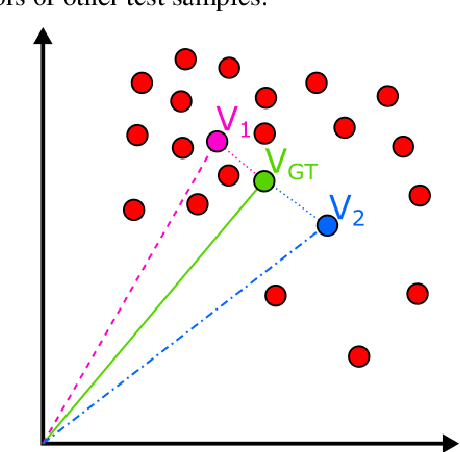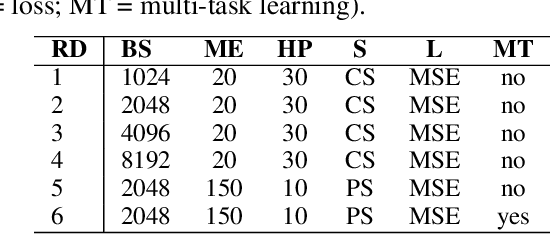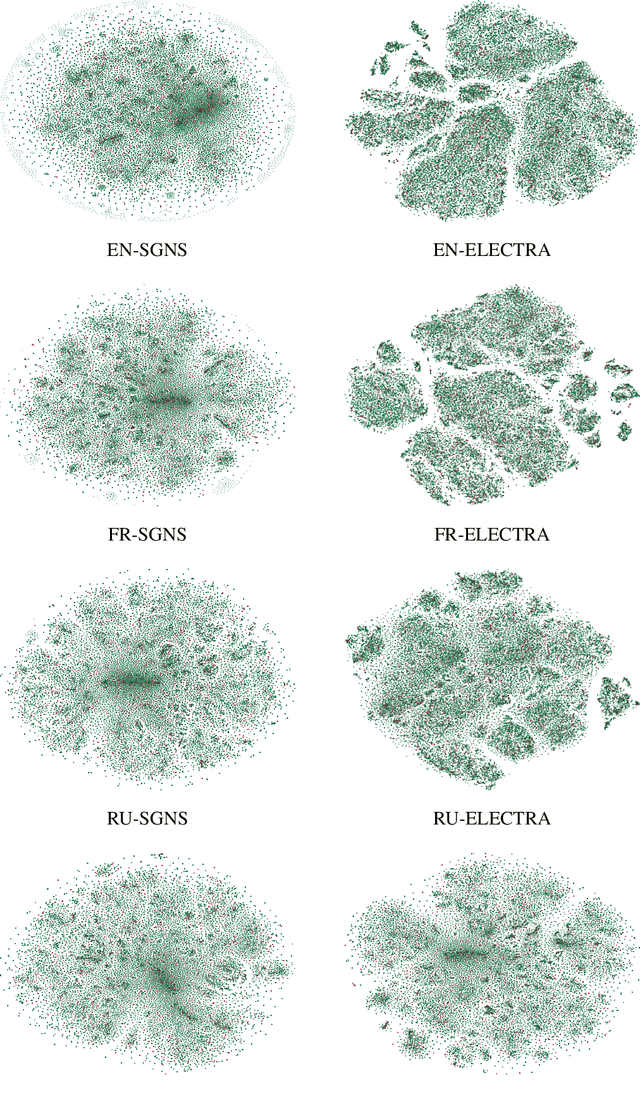IRB-NLP at SemEval-2022 Task 1: Exploring the Relationship Between Words and Their Semantic Representations
Paper and Code
May 13, 2022



What is the relation between a word and its description, or a word and its embedding? Both descriptions and embeddings are semantic representations of words. But, what information from the original word remains in these representations? Or more importantly, which information about a word do these two representations share? Definition Modeling and Reverse Dictionary are two opposite learning tasks that address these questions. The goal of the Definition Modeling task is to investigate the power of information laying inside a word embedding to express the meaning of the word in a humanly understandable way -- as a dictionary definition. Conversely, the Reverse Dictionary task explores the ability to predict word embeddings directly from its definition. In this paper, by tackling these two tasks, we are exploring the relationship between words and their semantic representations. We present our findings based on the descriptive, exploratory, and predictive data analysis conducted on the CODWOE dataset. We give a detailed overview of the systems that we designed for Definition Modeling and Reverse Dictionary tasks, and that achieved top scores on SemEval-2022 CODWOE challenge in several subtasks. We hope that our experimental results concerning the predictive models and the data analyses we provide will prove useful in future explorations of word representations and their relationships.
 Add to Chrome
Add to Chrome Add to Firefox
Add to Firefox Add to Edge
Add to Edge